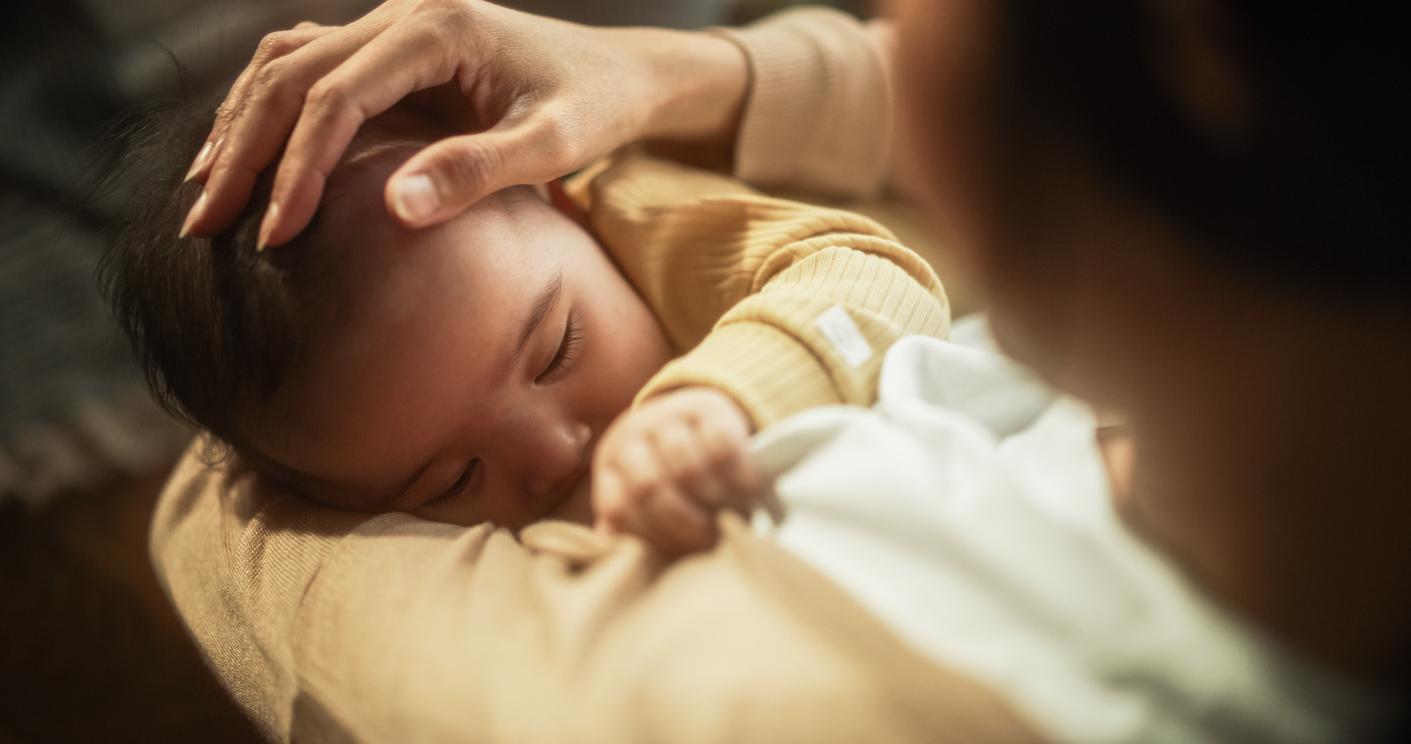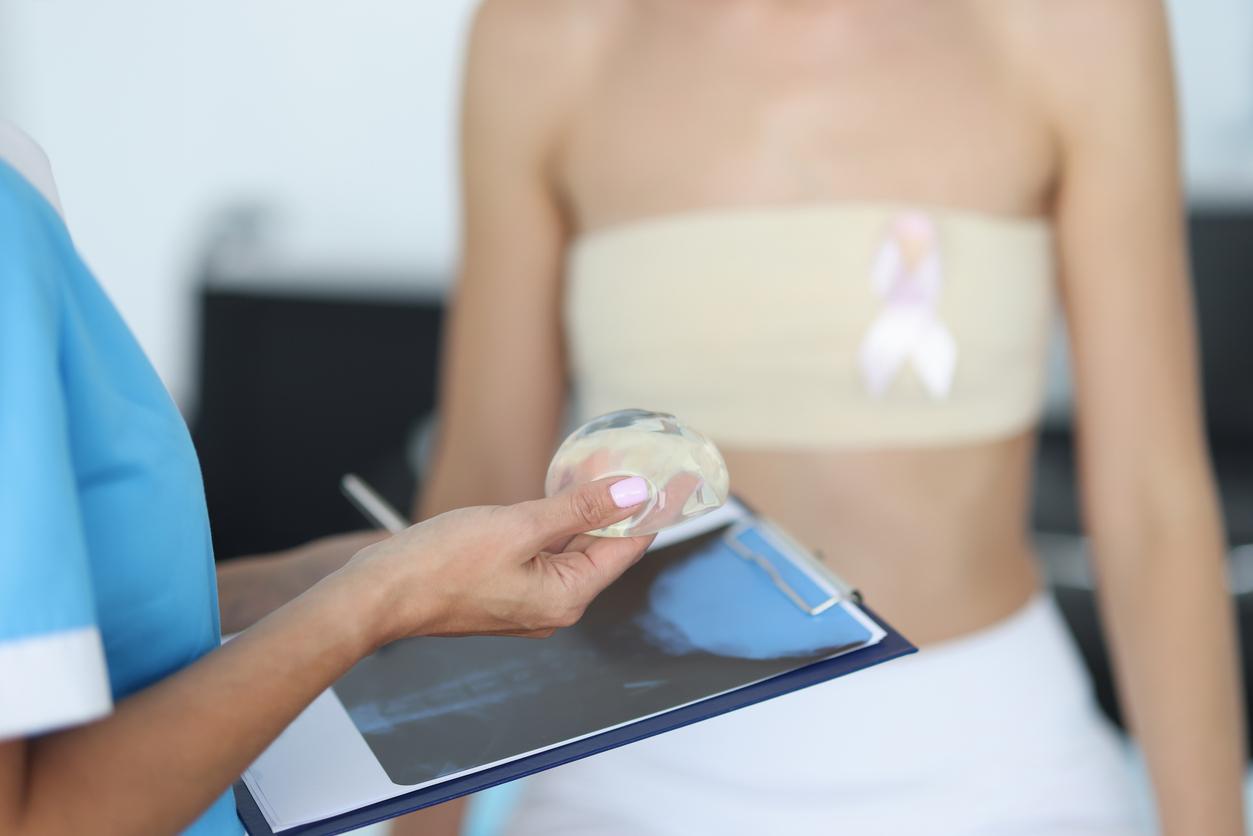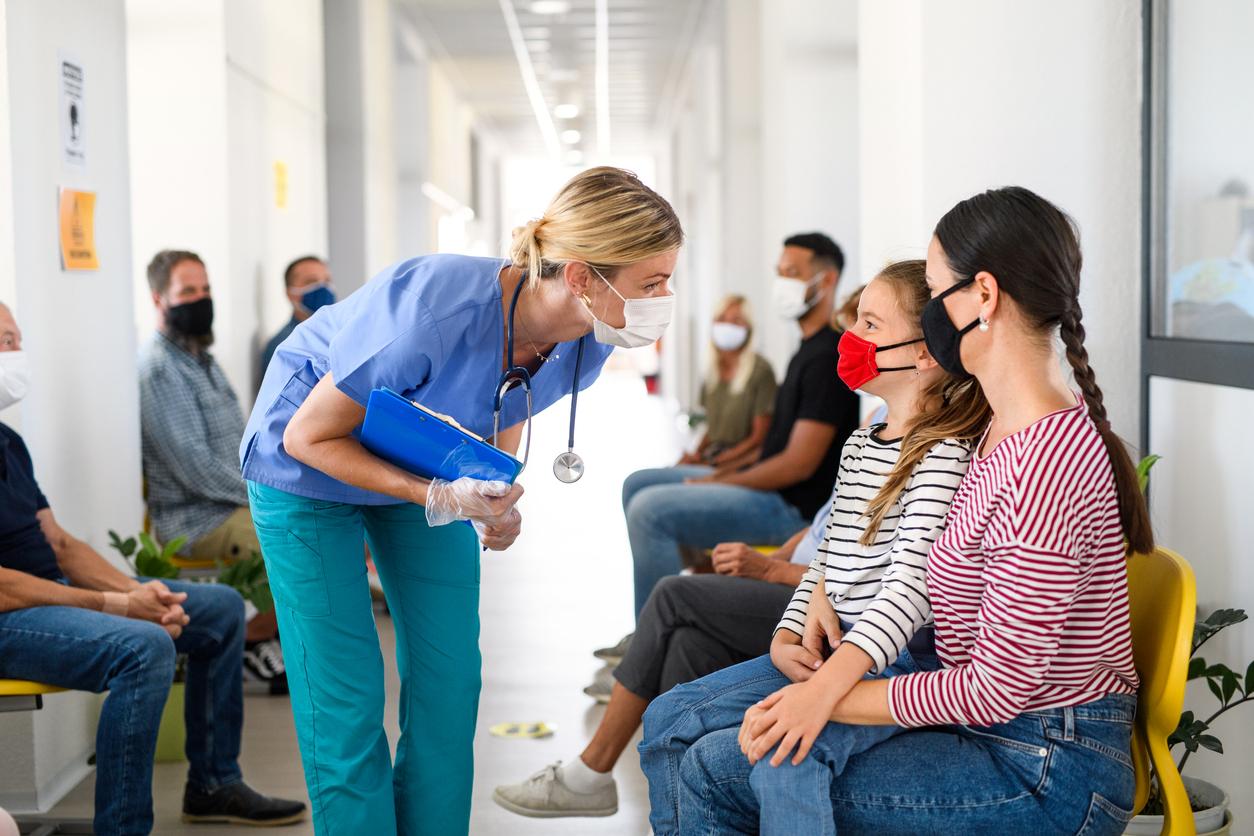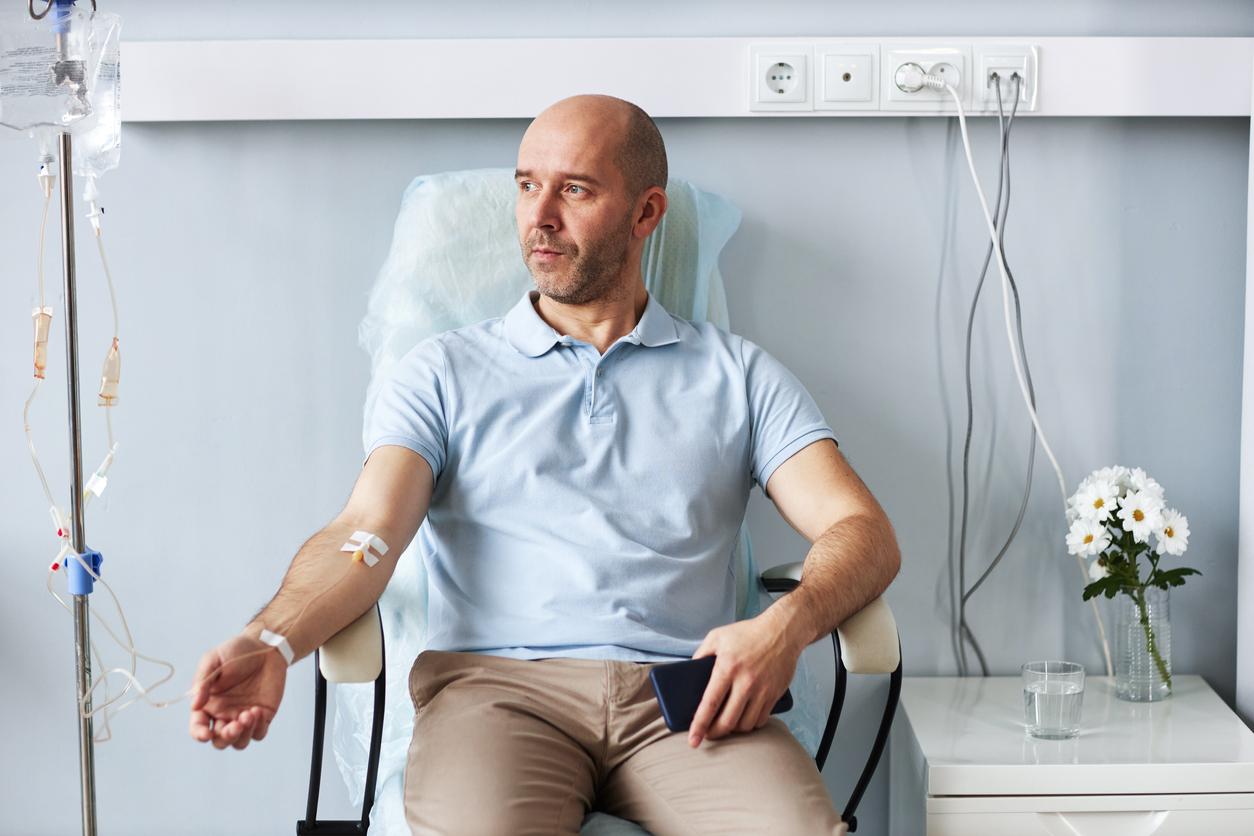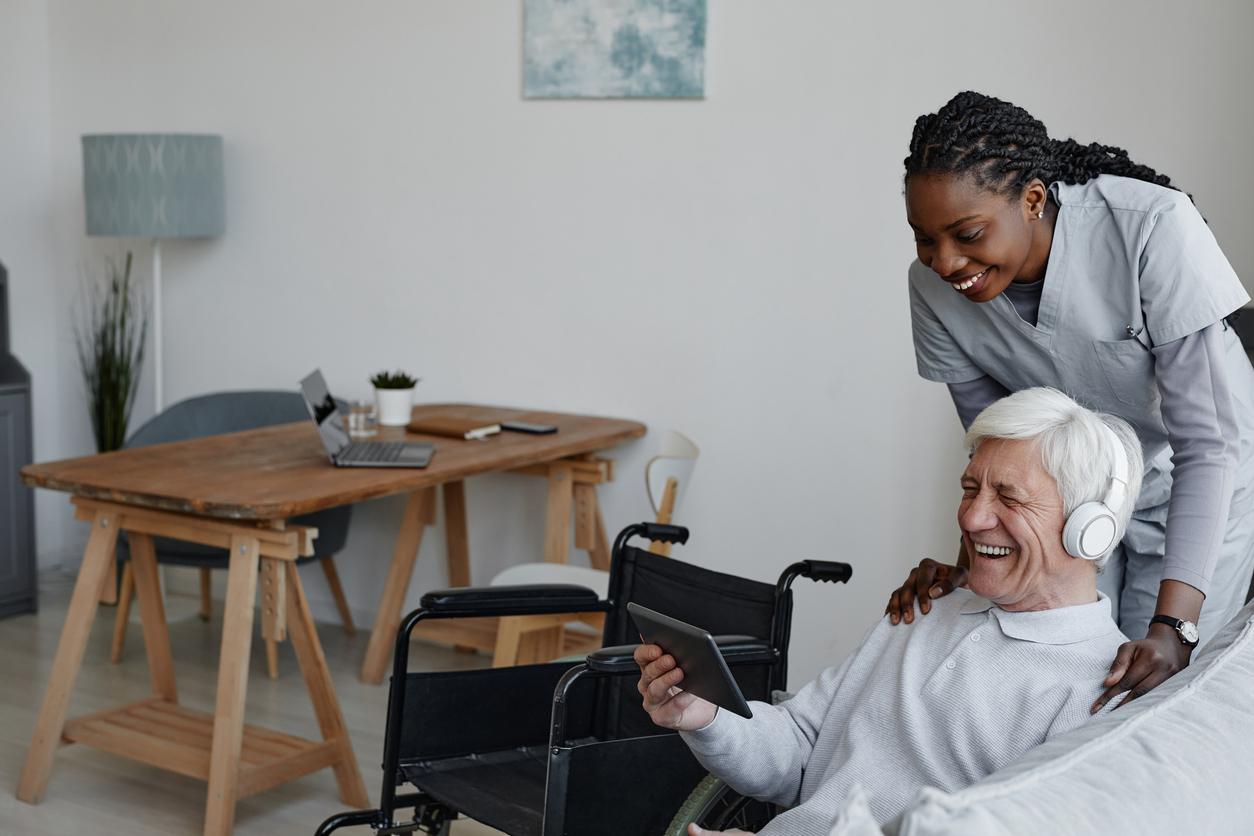
Many IC patients have to deal with it
A hospitalization is already drastic, an admission to the intensive care unit is even more so. The severity of an ICU admission is also apparent from the health problems that patients experience afterwards – and sometimes years later. Many of these problems fall under the heading of Post Intensive Care Syndrome (PICS).
In the Netherlands, approximately 80,000 patients end up in intensive care every year. Of this group, 80 percent survive. Recovery after an ICU admission usually takes a long time and is often intensive.
PICS: what is it?
Post Intensive Care Syndrome (PICS) is a collection of symptoms of a physical and/or mental nature resulting from an ICU admission. The symptoms come on top of the illness symptoms for which the patient was initially placed in the intensive care unit. It is suspected that about half of the surviving ICU patients will have to deal with PICS. Some patients already have to deal with it during their ICU admission, other patients only experience it years later.
Symptoms PICS
Someone with PICS may experience different and very different symptoms:
- Cognitive: Difficulty concentrating, Difficulty remembering, Difficulty multitasking.
- Physical: muscle weakness, in some cases even shortness of breath as a result.
- Stress and increased alertness (the patient is continuously ‘on’) or apathy.
- Anxiety and/or depression symptoms.
- Sleep problems.
- Disrupted grief processing.
- Symptoms of Post Traumatic Stress Disorder (PTSD).
The severity of the symptoms depends on the duration of admission, age and medical history. Also of influence is how long the patient has been dependent on ventilators.
Effects
The symptoms of PICS can seriously interfere with a patient’s daily life. For some it means that the return to work is slower than expected. For the other it may even mean that the ‘old’ life will not return at all. It goes without saying that it takes time to reshape everyday life.
Neighbors and PICS
Family members of the patient who has undergone an IC admission can also suffer from PICS. This is called Post Intensive Care Syndrome Family (PICS-F). This can manifest itself, for example, in a disturbed grieving process when the patient dies. Images of the events in the intensive care unit then remain ‘before’ the normal grieving process, so that the processing does not start. It can also happen that a loved one develops anxiety, depression or symptoms of PTSD. Whether the patient survived the ICU admission or not has little influence on this.
Therapy
Unfortunately, the number of healthcare providers who are familiar with PICS is not yet that large. As a result, someone with PICS may not receive the treatment they need for a long time. Some hospitals already offer aftercare for ICU patients. Treatment is often a matter of combining different care disciplines, such as physiotherapy, occupational therapy, psychotherapy and speech therapy. Outpatient rehabilitation is also an option.
patient association
IC Connect is a patient association for (former) IC patients and their families. On the website of IC Connect you will find extensive information about the IC admission and what it involves. The time after the IC is of course also discussed, just like PICS(-F). There are also experiences from both patients and relatives. IC Connect regularly organizes so-called IC Cafés in Ede, Nijmegen, Rotterdam and Tilburg.
Association for healthcare professionals
The IC Connect patient association works closely with Family and patient Centered Intensive Care Foundation (FCIC). The FCIC mainly focuses on healthcare professionals, while IC Connect mainly focuses on patients and their families. The associations have ensured, among other things, that PICS and PICS-F have been officially recognized disorders since 2018.
Sources):










